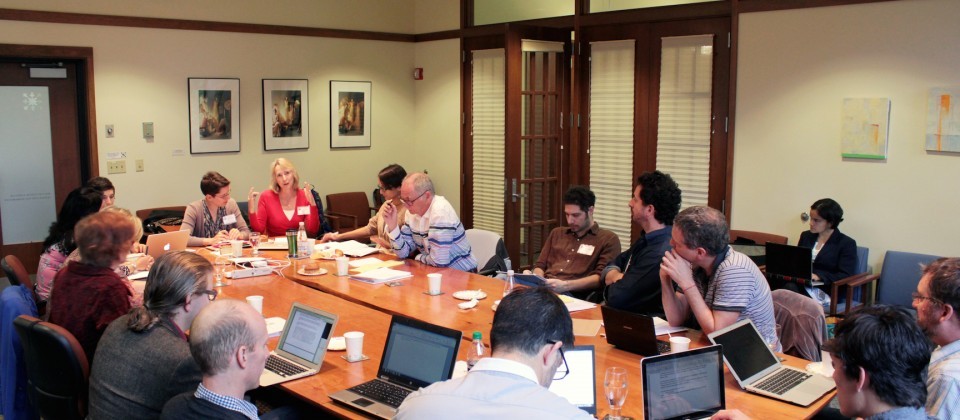Vicky Lawson and Sarah Elwood – University of Washington – National Science Foundation Research Coordination Grant
Funded as Full Professors
Proposal Abstract
This project develops a collaborative research network whose members will generate conceptual and methodological innovations to advance poverty research and solutions. The Relational Poverty Network (RPN) complements and extends mainstream poverty research with a relational conceptualization of poverty. Relational poverty research theorizes poverty as produced and addressed by economic, political and cultural relationships between social groups. Poverty researchers have long noted the potential of relational poverty approaches as a basis for innovative and viable new policy tools, yet RPN researchers have identified significant conceptual and methodological challenges to realizing this potential. Relational poverty research has been comprised of isolated, singular case studies, yet ‘scaling up’ relational poverty analysis for larger, cross-disciplinary and international comparisons introduces a series of fundamental conceptual and measurement challenges. Relational approaches to poverty introduce new objects of study, such as social relations or cultural attitudes toward poverty, that are difficult to identify within existing poverty data, or to compare across national contexts; and building meaningful comparison across case studies has been difficult in the absence of closely coordinated research designs and methods. The RPN will address these challenges by: 1) developing concepts that operationalize relational poverty in ways that can be compared across international empirically grounded research; 2) building descriptive metadata, including quantitative and qualitative sources, to support comparative analysis across research cases, as well as synthesis of research findings from individual projects; 3) developing an in-common research design for robust mixed-methods research and ‘many sites to many sites’ comparison; and 4) catalyzing debate and discovery across mainstream and relational poverty research scholars. The core group of 60 social scientists at 30 institutions from which the RPN will grow is cross-disciplinary, including human geographers, sociologists, political scientists, historians, economists, anthropologists and philosophers working in the U.S., Argentina, South Africa, India, Canada and Thailand. The RPNs conceptual and methodological innovations – and their impacts in policy circles – will be realized through four annual workshops conducted at US Poverty Research Centers and involving RPN participants and researchers and policy makers from the site where each workshop is held. RPN members will also develop collaborative grant proposals to carry out its scientific agenda, co-authored research papers, and publically available educational materials for teaching about relational poverty approaches in multiple disciplinary contexts.
You can download the proposal here.


Leave a Reply